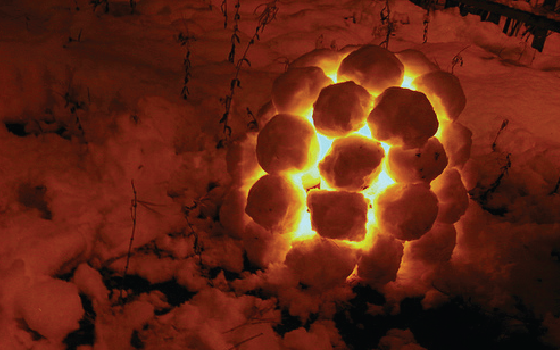 HI
HI "Remember that the spirit of the gift is more important than the gift itself. That is not to say that any old thing will do as long as you give it with a smile, simply that the feeling behind will be received as much if not more than the thing itself. There is an etiquette involved in choosing, presenting, and respectfully acknowledging gifts."There is both etiquette and feeling involved in selecting, wrapping and giving a gift and it seems no culture has mastered it quite like the Japanese. The formality and unspoken rules simplify the boundaries of what is deemed appropriate. Sometimes I crave this more structured approach which minimizes the possibility of gifting faux pas. Part of the success in Japanese practice of gift-giving is a year-round event including the seasonal oseibo and ochugen which require an exchange between family, friends and co-workers. Good gift-giving is an acquired skill and like any skill, it takes practice and time. I have been the fortunate recipient of an incredible array of gifts while living in Japan and since; craftsmanship from finely detailed Ishikawa pottery and hand-painted kimono cloth to a wooden box filled with the world’s most expensive foraged mushrooms. These gifts have bound me to a country and culture I already deeply admired and I have long pondered how my generous friends and colleagues were able to so thoughtfully and unforgettably give. RItual, skill, time, thoughtfulness, practice and presentation. These words drum like a mantra right through the Christmas season.- Emily Post
 HI
HI
 HI
HI "Dutch and German settlers introduced cookie cutters, decorative molds, and festive holiday decorations to America. By the 1500s, Christmas cookies had caught on all over Europe. German families baked up pans of Lebkuchen and buttery Spritz cookies. Papparkakor (spicy ginger and black-pepper delights) were favorites in Sweden; the Norwegians made krumkake (thin lemon and cardamom-scented wafers). The earliest Christmas cookies in America came ashore with the Dutch in the early 1600s."-- "America's Best Holiday Cookies," McCall's [magazine], December 1994
What about choosing the gift of scent? Bringing the healing power of scent into someone’s home and life (in the form of an essential oil candle or diffuser) is meaningful in many ways. Essential oils can work little miracles on the brain - enhancing mood, reducing jangled nerves, encouraging better sleep or even improving the conversation over dinner. As essential oils are inhaled, the scent enters directly into the limbic system, no filters, for immediate impact. To learn more about the power of scent and know that you will be brightening someone’s life with the gift of scent. Local, social and environmental are also keywords when choosing gifts, allowing your gifts to not only impact the recipient but your whole community. How special is that? Cultures that draw on the power of scent in gifting range from the north of Africa to the south of Asia. A few local tips - Moroccans like to get to know you before giving or receiving gifts. Wait until after the first meeting to present a gift. Color (green is popular in Malaysia), numbers (in general, avoid the number 4) and do not expect the gift to be opened on the spot - in many cultures this is a sign of greed. Across the globe, flowers and fruits are symbols of life and a gesture that is always well-received.
This is also the time of year to consider the impact of charity. The charity of time, goods or funds donated exemplifies the recognition that the most meaningful way to give is to give as much as you can to those in need. HI
"Be the one who nurtures and builds. Be the one who has an understanding and a forgiving heart one who looks for the best in people. Leave people better than you found them."For further reflection… For further reflection on the meaning of giving and receiving, I found Tara Parker-Popes piece very insightful. Also endlessly inspiring is O. Henry’s, “Gift Of The Magi” and, in another vein of inspiration, the powerful Tarkovsky film, “The Sacrifice”.-- Marvin J. Ashton.

